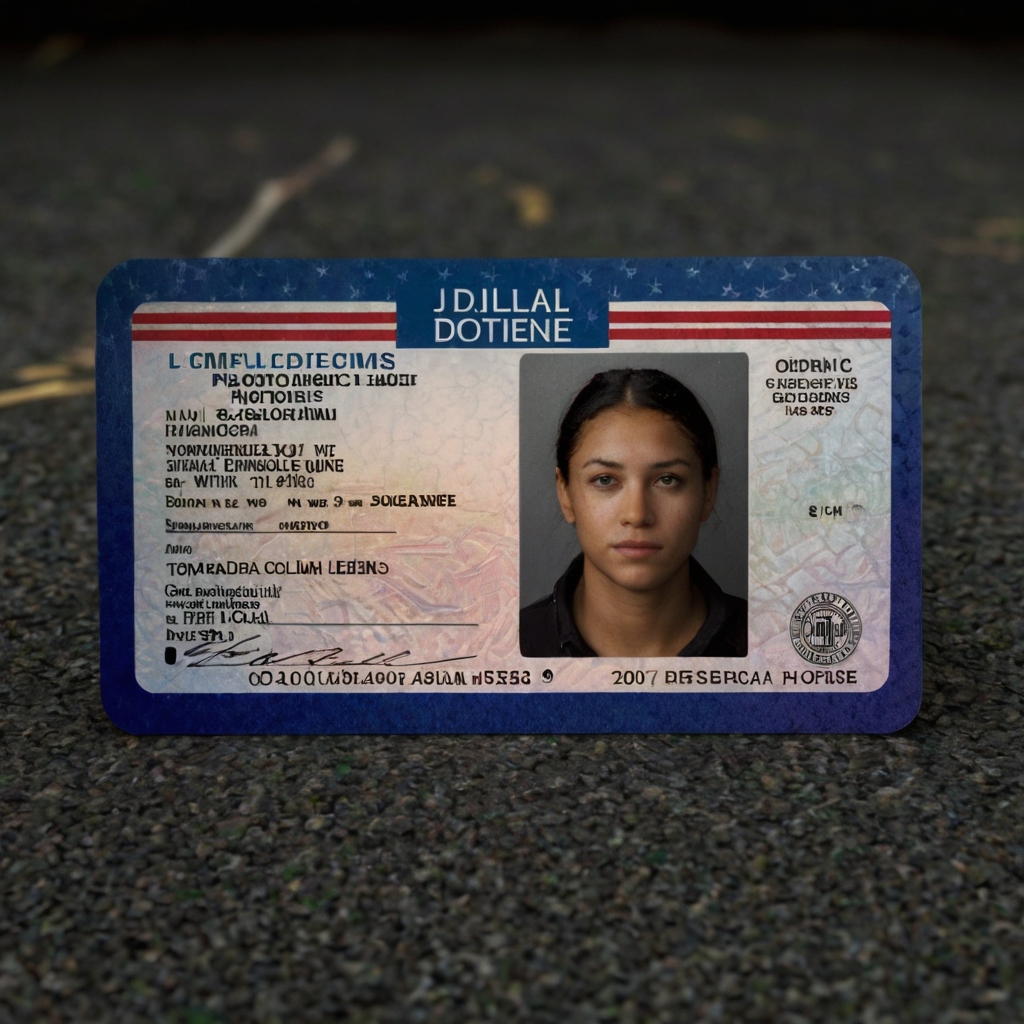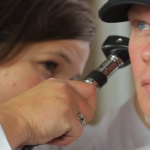On November 18, 2024, the Federal Motor Carrier Safety Administration (FMCSA) will enforce the Clearinghouse II rule, requiring State Driver Licensing Agencies (SDLAs) to downgrade the Commercial Driver’s Licenses (CDLs) or Commercial Learner’s Permits (CLPs) of drivers listed as “Prohibited” in the FMCSA’s Drug and Alcohol Clearinghouse. This measure aims to enhance road safety by ensuring that drivers with unresolved drug or alcohol violations cannot operate commercial motor vehicles until they complete the Return-to-Duty (RTD) process.
As of October 1, 2024, 178,839 CDL/CLP holders were in “Prohibited” status, with 136,224 yet to begin the RTD process. To verify your status, register or log in to the Clearinghouse via Login.gov. If you don’t have a Login.gov account, the FMCSA provides a guide to create one.
The RTD process includes:
- Selecting a Substance Abuse Professional (SAP): Your employer must provide a list of DOT-qualified SAPs. After evaluation, the SAP recommends education or treatment and determines when you’ve successfully completed it.
- Taking the Return-to-Duty Test: Your employer arranges this test. Owner-operators should coordinate with their consortium/third-party administrator (C/TPA). A negative result updates your status to “Not Prohibited,” allowing you to resume safety-sensitive duties.
- Completing Follow-Up Testing: Your employer must implement the SAP’s follow-up testing plan, including at least six unannounced tests in the first 12 months. For owner-operators, the C/TPA oversees this plan.
Information about your violation remains in the Clearinghouse for five years from the violation date or until you complete the follow-up testing plan, whichever is later.
Addressing any “Prohibited” status promptly is essential to avoid license downgrades and ensure compliance with FMCSA regulations.

I am the administrator for the Charlotte DOT Exam facility, located in Charlotte NC. I oversee the facility services providing DOT exams in accordance with the standards of the FMCSA. We also provide DOT drug testing with MRO support when required. Drug testing can also be done for non-DOT exams such as pre-employment. In order to minimize wait times, I always encourage our clients to contact us first and make an appointment.
I would also suggest that each individual wanting to test for the CDL health card read the article “Preparing For Your DOT Exam” as it lists several things to bring to the test, such as CPAP usage reports and medicine lists.


